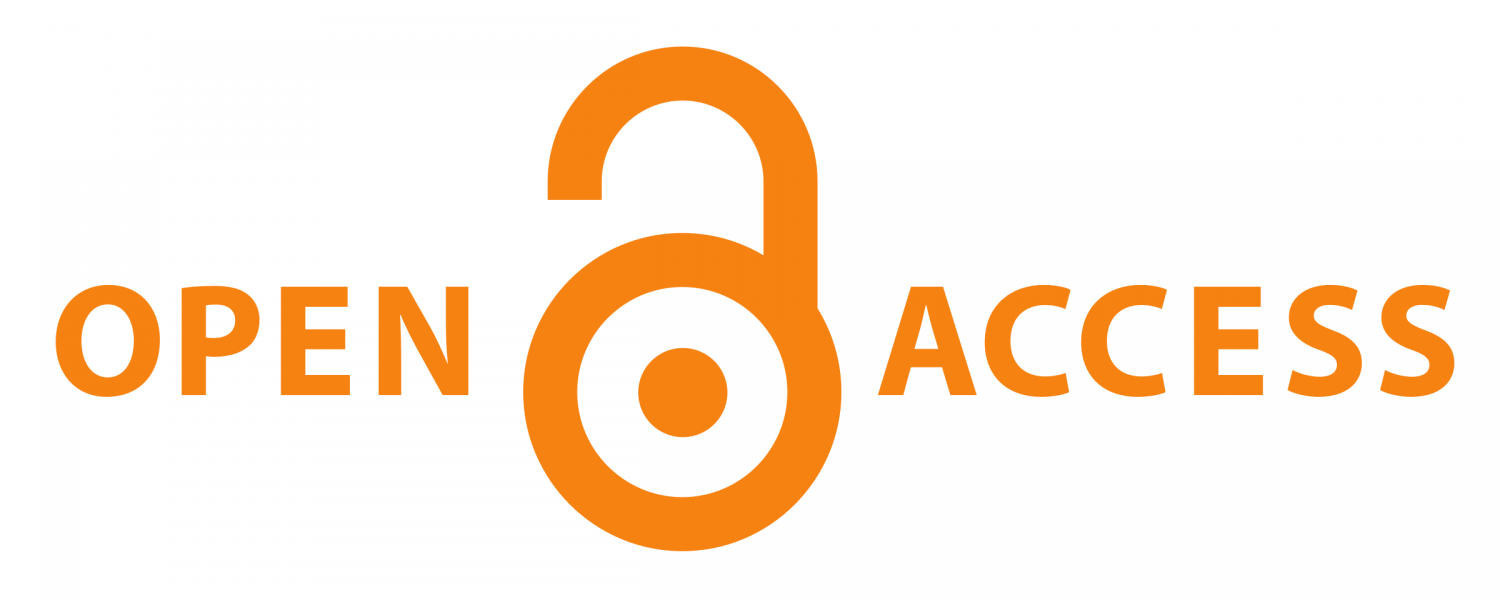Complaints Policy
The Journal of Information Technology, Cybersecurity, and Artificial Intelligence (JITCAI) is committed to upholding high standards of integrity, transparency, and responsiveness. We welcome feedback and are dedicated to addressing complaints in a fair and timely manner. This policy outlines the process for handling complaints from authors, reviewers, or readers regarding editorial decisions, ethical concerns, or other issues related to the journal’s operations.
1. Types of Complaints
We address complaints related to the following areas:
- Editorial Decisions: Concerns about rejection, delays in the peer review process, or perceived bias in editorial handling.
- Ethical Concerns: Allegations of plagiarism, data manipulation, authorship issues, or conflicts of interest.
- Peer Review Quality: Concerns about the quality, relevance, or tone of reviewer feedback.
- Publication Errors: Errors in published articles, such as typographical errors, factual inaccuracies, or omissions.
- Other Issues: Any additional concerns related to the journal’s practices, policies, or operations.
2. Submitting a Complaint
To file a complaint, please contact the editorial office by email at editor@jitcai.org. In your email, please include:
- Your name and contact information
- The details of the complaint (including manuscript ID, if applicable)
- Any relevant evidence or documentation supporting your concern
We encourage complainants to be as specific and detailed as possible to help us assess and address the issue effectively.
3. Complaint Review Process
- Initial Acknowledgment: Upon receiving a complaint, the editorial office will acknowledge receipt within 5 business days and outline the next steps for reviewing the matter.
- Complaint Assessment: The Editor-in-Chief or an Associate Editor will review the complaint. If the complaint involves a sensitive or complex issue (e.g., ethical concerns or conflicts of interest), the editor may consult with the Editorial Board or an independent advisory panel.
- Investigation and Response: Based on the nature of the complaint, we will investigate the issue, which may involve reviewing editorial records, consulting reviewers or editors involved in the process, and examining related evidence.
- Resolution and Communication: After the investigation, the editor will communicate the outcome of the complaint to the complainant. If corrective action is warranted (e.g., issuing a correction, retraction, or an apology), it will be carried out as part of the resolution process.
4. Possible Outcomes
Depending on the investigation findings, the outcomes may include:
- Correction or Retraction: If an error or ethical violation is confirmed, a correction or retraction may be issued in the journal.
- Reviewer Feedback Improvement: For concerns about peer review quality, the editor may provide additional training or guidance to reviewers involved.
- Process Improvement: If the complaint reveals process-related issues, the journal may implement changes to improve editorial workflows or transparency.
- Decision Reversal: In rare cases, if a decision is deemed unfair based on additional evidence, the editor may consider revising or overturning the decision.
5. Appeals Process
If a complainant is dissatisfied with the outcome, they may submit an appeal to the Chief Editor, who will review the complaint anew or consult an independent member of the Editorial Board for further evaluation.
6. Confidentiality and Transparency
- Confidentiality: All complaints are treated with strict confidentiality, and information is shared only with individuals directly involved in addressing the complaint.
- Transparency: If a complaint leads to corrections, retractions, or policy changes, JITCAI will make this information publicly available to maintain transparency.
7. Contact Information
If you have a complaint or require further assistance, please contact us at:
- Email: editor@jitcai.org







